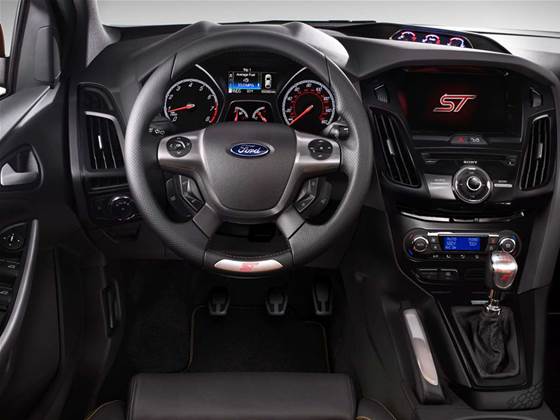High range drink drivers will be forced to have a breath-testing interlock device fitted to their car from October, but IT headaches have meant the devices are only coming into action two years after the enabling legislation was passed.

Members of the WA opposition complained about the delay to the state's parliament today. The laws were first debated in 2013.
The devices - which only let a driver start their car after passing a breathalyser test - are designed to reduce recidivism amongst DUI offenders. They will be mandatory for anyone convicted of driving with a blood-alcohol level over 0.15, or caught more than once with a level over 0.08.
But it has taken two years for the WA Department of Transport and WA Police to tweak their IT systems to be able to add the new compulsory interlock condition to driver's’ licences.
The changes, Roads Minister Lisa Harvey told parliament, have been queued up behind a backlog of IT upgrades at the transport agency.
“Information technology upgrades have had to occur to the transport system to allow the new class of licence with an alcohol interlock requirement on it," she said.
“Some minor IT upgrades to the police system are needed, but this has been caught up in a number of IT upgrades to the transport system.
“It is all coming together with a proposed implementation date of October."
Governments across Australia have learnt the hard way that sometimes political will is not enough to get new policies into action, especially when legacy IT is not flexible enough to keep up.
Victoria’s justice department is still waiting for the power to bundle fines together so they can be collected at once for a single individual after its bungled enforcement systems failed to keep up with enabling laws passed back in 2014.
The Commonwealth-commissioned McClure report into welfare reform similarly warned that necessary structural changes to the social security system could not take place until the government modernised its welfare payments system.


_(28).jpg&h=140&w=231&c=1&s=0)


.png&h=140&w=231&c=1&s=0)





 iTnews Benchmark Awards 2026
iTnews Benchmark Awards 2026
 iTnews Executive Retreat - Security Leaders Edition
iTnews Executive Retreat - Security Leaders Edition
 iTnews Cloud Covered Breakfast Summit
iTnews Cloud Covered Breakfast Summit
 The 2026 iAwards
The 2026 iAwards












_(1).jpg&h=140&w=231&c=1&s=0)



